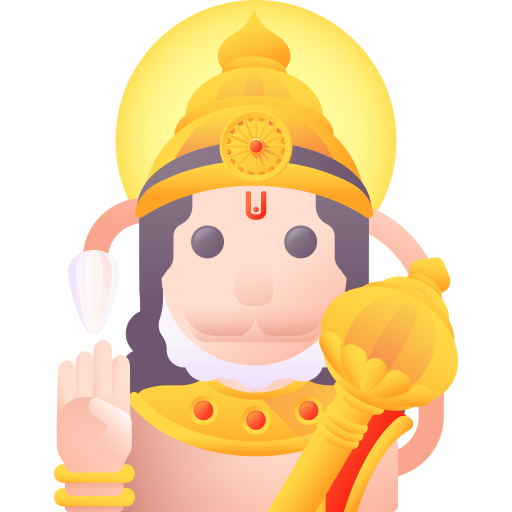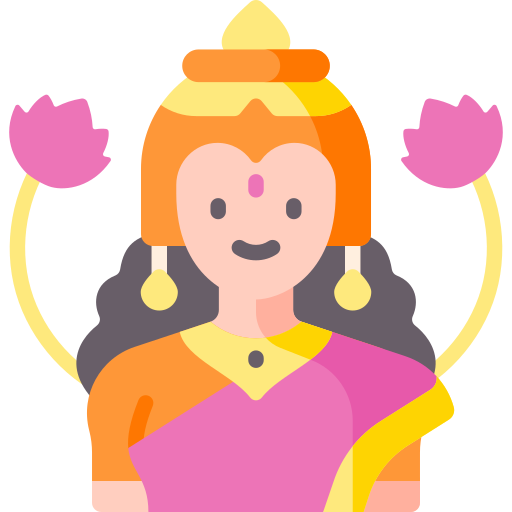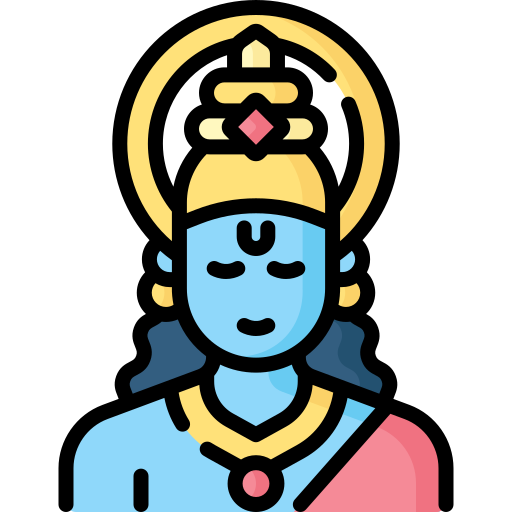
















How Ramnavami Festivals Promote Cultural Understanding: Fostering Harmony and Respect Among Different Communities
Ramnavami, the festival celebrating the birth of Lord Rama, holds great significance in Hindu mythology and culture. While it is deeply rooted in religious practices, Ramnavami festivals also play a crucial role in promoting cultural understanding, fostering harmony, and respect among different communities.
Key Takeaways
Here are the key takeaways:
Rich Cultural Significance
Ramnavami, observed with great enthusiasm and fervor, brings people together to celebrate the birth of Lord Rama, an embodiment of righteousness and virtue in Hindu mythology. 2.
Inclusive Celebration
The festival transcends religious barriers, welcoming people from all walks of life to participate in the festivities and learn about the values embodied by Lord Rama. 3.
Promoting Harmony
Through music, dance, rituals, and community gatherings, Ramnavami festivals provide a platform for people to come together, share traditions, and appreciate diverse cultural practices. 4.
Fostering Respect
By understanding and respecting the beliefs and customs of different communities during Ramnavami, individuals can develop a sense of empathy and appreciation for cultural diversity. Ramnavami Festivals as Catalysts for Cultural Understanding: Ramnavami celebrations typically involve various activities such as bhajans (devotional songs), storytelling sessions from the Ramayana (epic tale of Lord Rama), processions with vibrant decorations, and community feasts. These events serve as opportunities for people to connect, interact, and learn from each other's traditions. One of the key aspects of Ramnavami festivals is the emphasis on inclusivity and unity. People from different backgrounds, religions, and cultures come together to partake in the festivities, breaking down barriers and fostering a sense of community spirit. This collective celebration helps to promote cultural understanding by creating a shared space for dialogue and exchange of ideas. Furthermore, the values encapsulated in the story of Lord Rama resonate with people from all walks of life. His teachings of truth, righteousness, compassion, and humility serve as guiding principles for individuals striving to lead a virtuous life. By reflecting on these moral teachings during Ramnavami, participants gain a deeper appreciation for the universal values that transcend cultural boundaries. Ramnavami festivals also act as catalysts for promoting harmony among diverse communities. By engaging in collective rituals and celebrations, individuals forge bonds of friendship and mutual respect. The shared experiences during the festival encourage people to embrace differences and celebrate diversity, leading to a more inclusive and harmonious society. Moreover, Ramnavami celebrations provide a platform for cultural exchange, where people can showcase their traditional attire, music, dance, and cuisine. This exchange of cultural expressions fosters a sense of pride in one's heritage while also creating opportunities for learning and appreciation of other cultures. Through such interactions, individuals develop a sense of respect for the richness and diversity of human experiences. At the heart of Ramnavami festivals lies the spirit of unity and togetherness. Regardless of one's background or beliefs, everyone is welcome to join in the celebrations and experience the joy and camaraderie that come with honoring Lord Rama's birth. This inclusive ethos not only strengthens social cohesion but also promotes a sense of shared humanity among diverse communities.
Closing
In conclusion, Ramnavami festivals serve as powerful agents for promoting cultural understanding, fostering harmony, and respect among different communities. Through inclusive celebrations, collective rituals, and cultural exchanges, individuals can come together to honor the values embodied by Lord Rama and appreciate the richness of diverse traditions. By embracing the spirit of unity and togetherness during Ramnavami, we can strive towards building a more inclusive and harmonious society where mutual respect and cultural appreciation thrive.
Deep Insights (FAQ)
Q.What is the significance of Ramnavami?
Ramnavami commemorates the birth of Lord Rama, a revered deity in Hindu mythology known for his exemplary virtues and divine qualities. The festival holds great cultural and religious significance among Hindus worldwide.
Q.How is Ramnavami celebrated?
Ramnavami is celebrated with prayers, devotional songs, storytelling from the Ramayana, processions, and community feasts. It is a time for people to come together, reflect on the teachings of Lord Rama, and celebrate unity and harmony.
Q.What values are associated with Ramnavami?
Ramnavami is associated with values such as truth, righteousness, compassion, and humility, which are exemplified by Lord Rama in the epic Ramayana. These values serve as guiding principles for individuals seeking to lead a virtuous life.
Q.How does Ramnavami promote cultural understanding?
Ramnavami festivals create a space for people from diverse backgrounds to come together, celebrate shared traditions, and learn from each other's cultural practices. Through inclusive celebrations, cultural exchange, and dialogue, Ramnavami fosters harmony and respect among different communities.
Q.Why is inclusivity important during Ramnavami celebrations?
Inclusivity during Ramnavami celebrations allows people from all walks of life to participate in the festivities, regardless of their religious or cultural background. This inclusivity promotes a sense of unity, spreads joy, and strengthens social bonds within communities.
